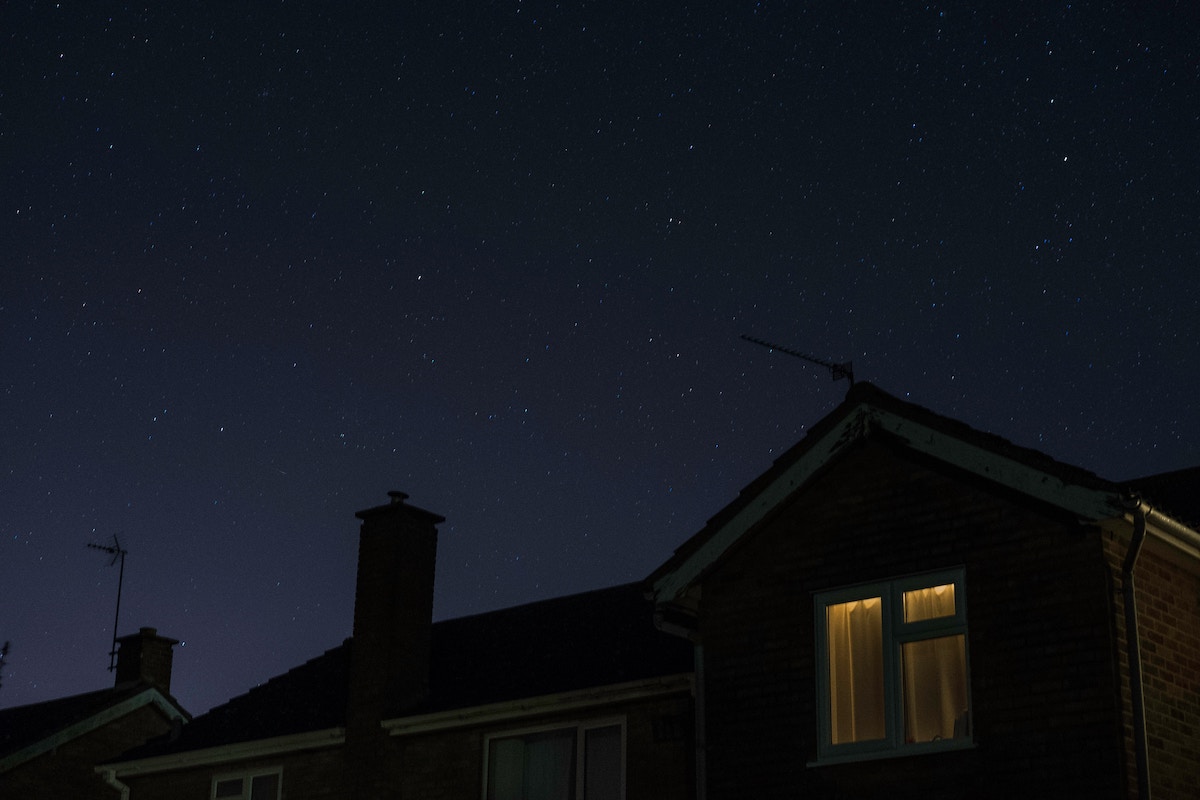How Do Solar Panels Work At Night?


In recent years, homeowners have increasingly turned to solar panel systems to power their homes. Falling prices and technological advancements have made solar more accessible than ever, helping to bring clean, reliable and efficient energy to millions of consumers. Still, not everyone is sold on switching to solar energy. For many homeowners, there's one obvious question: how do solar panels work at night? To find out, let's start by taking a look at how solar panels work to meet your home's energy needs.

When it comes to pure energy, there's no source in the Solar System that can rival the sun. Wherever sunlight shines down on the surface of the Earth, it brings with it a flood of high-energy photons. Solar panels are specially designed to use these photons to create a direct current of electricity. The current produced by each panel is then sent through a solar inverter for conversion into the alternating current used by most home appliances and electronics.
When there aren't enough photons available, solar panels can't generate enough current to provide power. In other words, solar panels simply don't work at night. They may also become less efficient in overcast conditions. However, many solar panel systems produce more energy than needed during daylight hours. You can continue to benefit from your solar panels at night by using this surplus of energy to your advantage. To do so, you can choose from a couple of different strategies.
Net metering is a program that's available to many homeowners through utility providers. In a net metering agreement, your home remains connected to the power grid. When your solar panels produce more energy than you need, you can send the surplus energy back to the grid in return for bill credits. When your panels can't meet your energy needs, such as during the overnight hours, your home can instead draw power directly from the grid. At the end of each billing cycle, the credits you've earned from electricity sent back to the grid can be used to help offset any electricity costs you've incurred.
Entering into a net metering arrangement can certainly be beneficial, but it's not the only way to put your surplus energy to good use. A solar battery system allows you to automatically store excess energy produced during the day so that you can use it to power your home at night. Modern battery storage solutions are also highly efficient and reliable, offering protection from power outages and other temporary grid disruptions. Solar battery storage can even help you use variable electricity rates to your advantage. When rates are highest during on-peak hours, you can avoid excessive costs by using the power stored in your system. You can then draw power from the grid when more affordable off-peak rates are in effect.
The benefits of owning a solar-powered home don't have to end with the setting of the sun. A bit of strategic planning is all it takes to make going solar a winning decision. So, how do solar panels work at night? Quite well! The key is to simply choose a solution that ensures your solar energy system is always working for you.